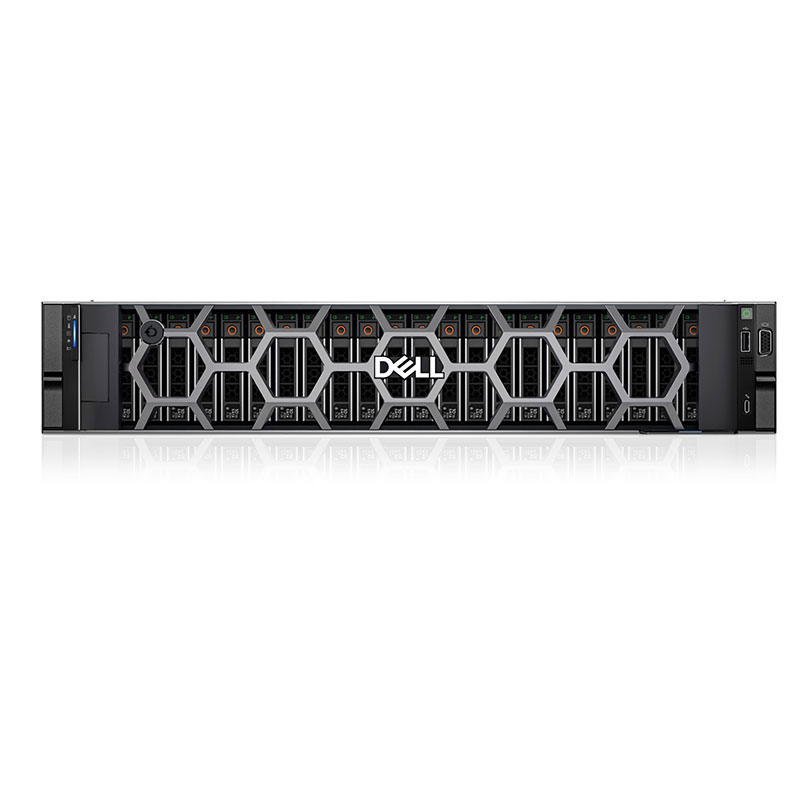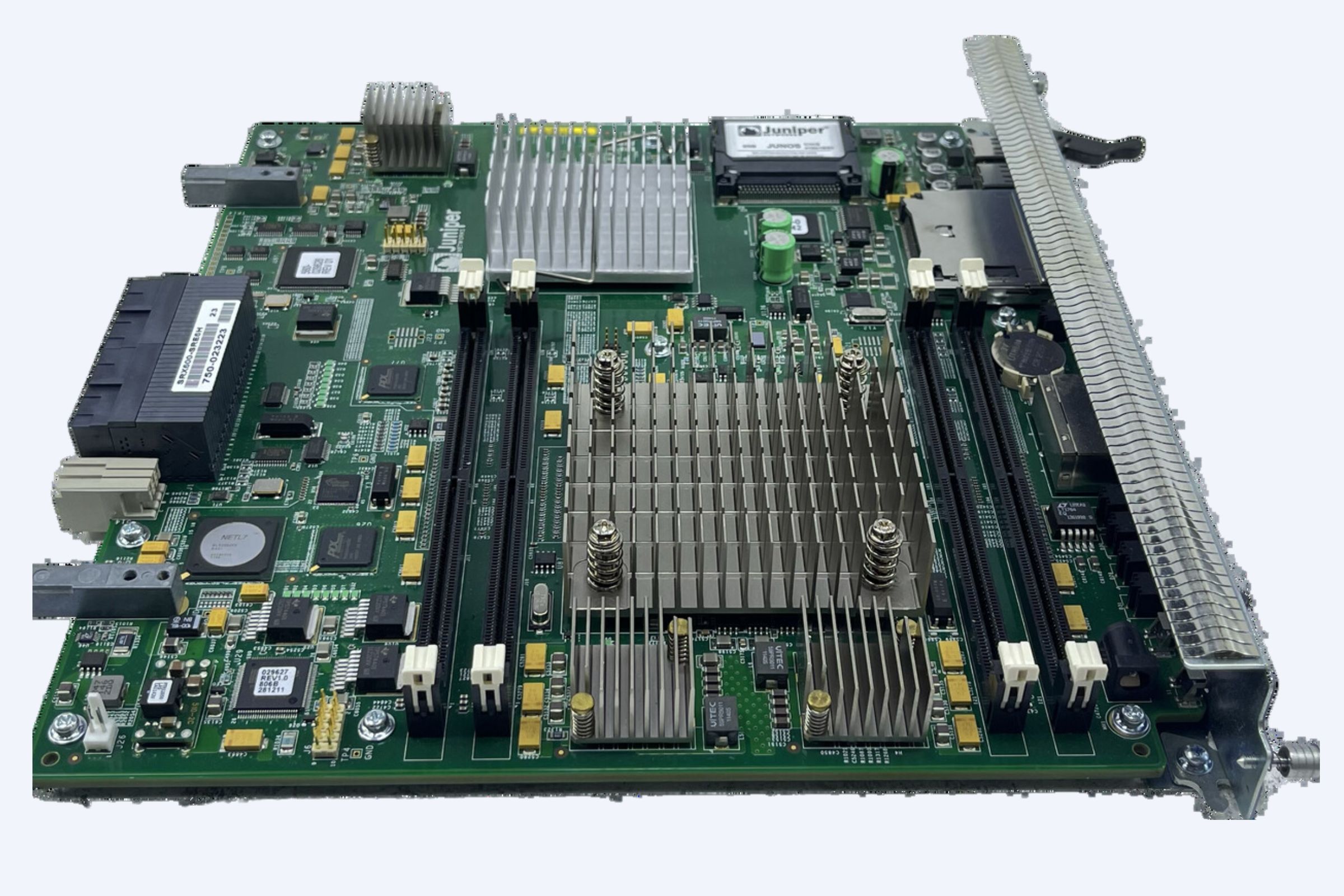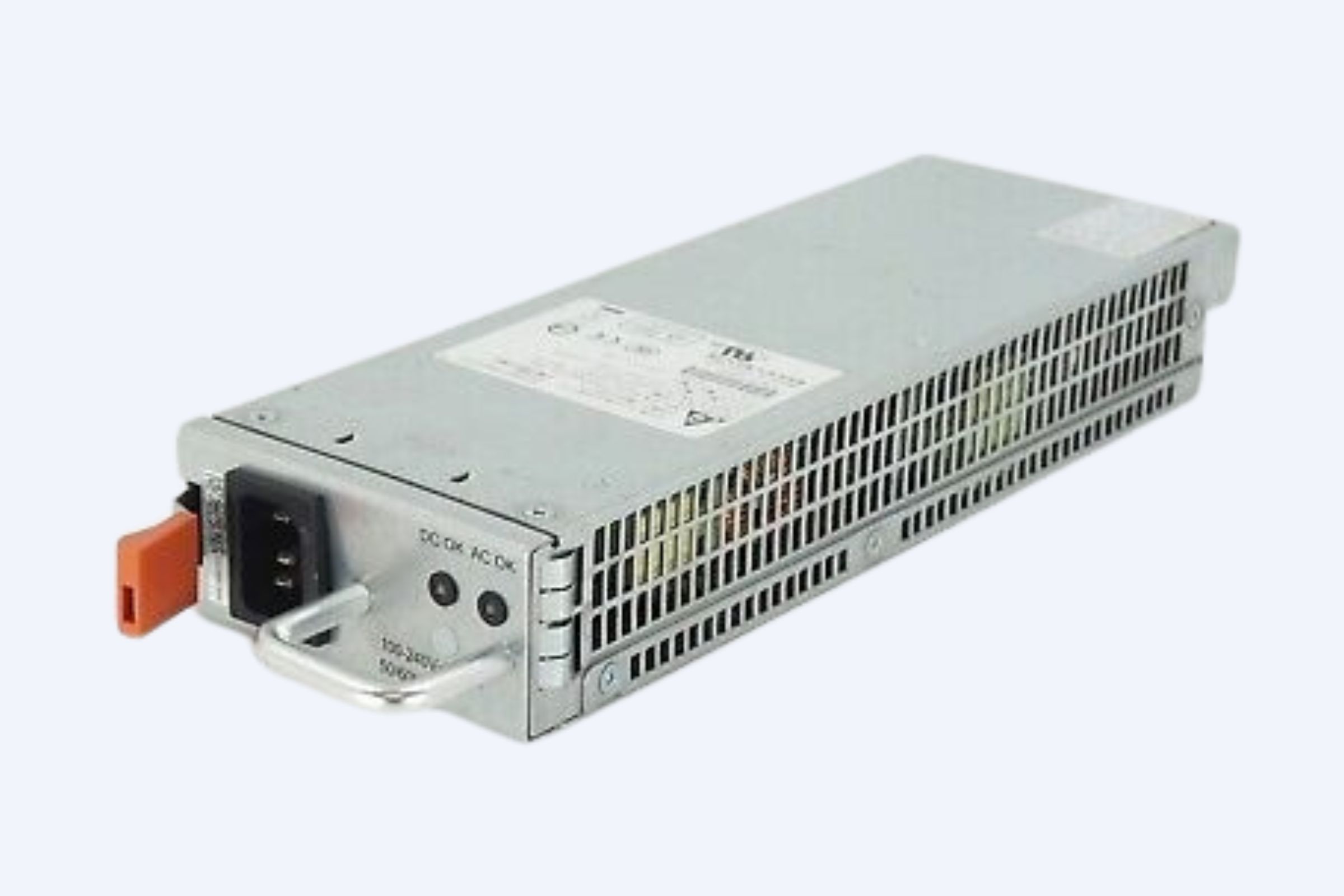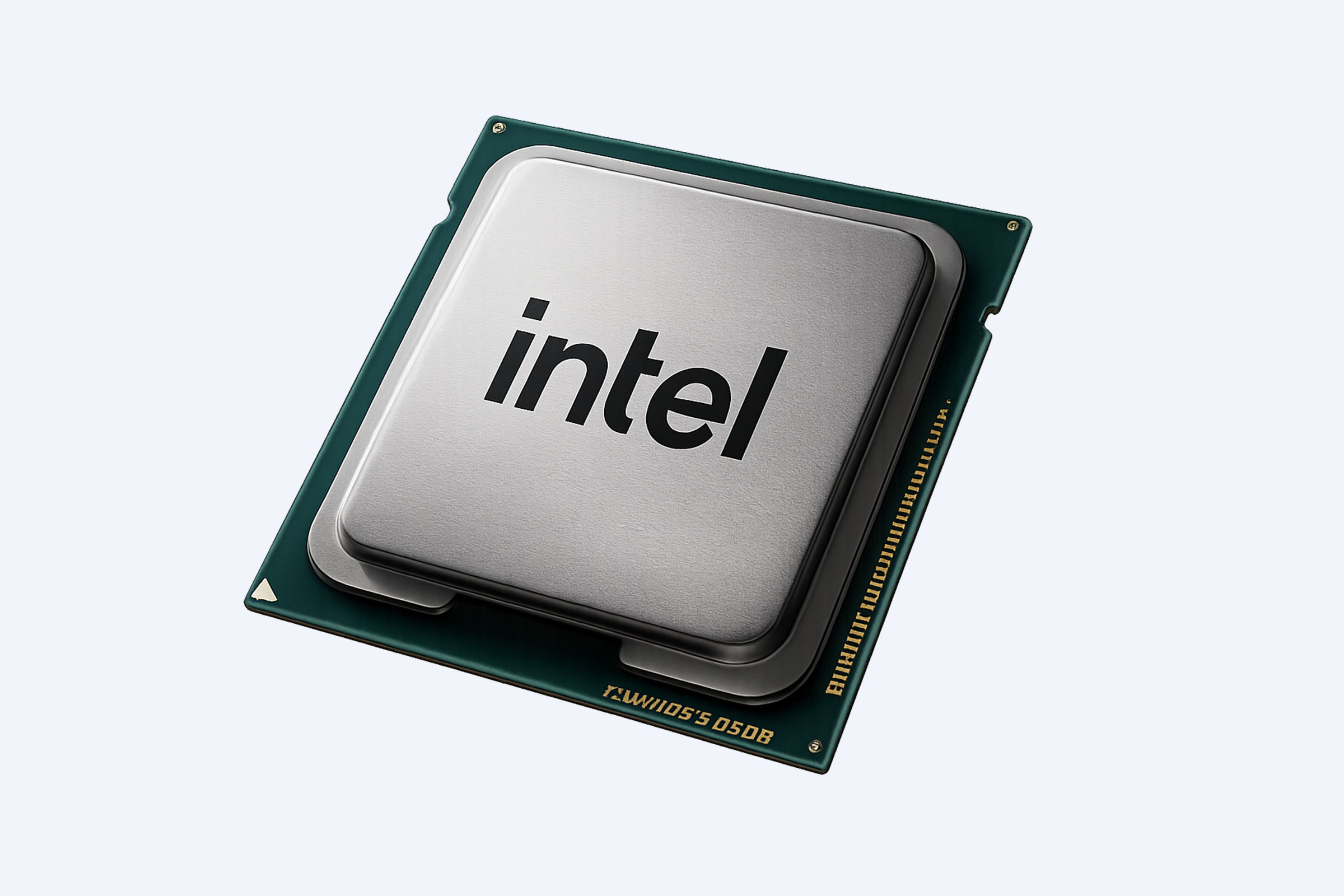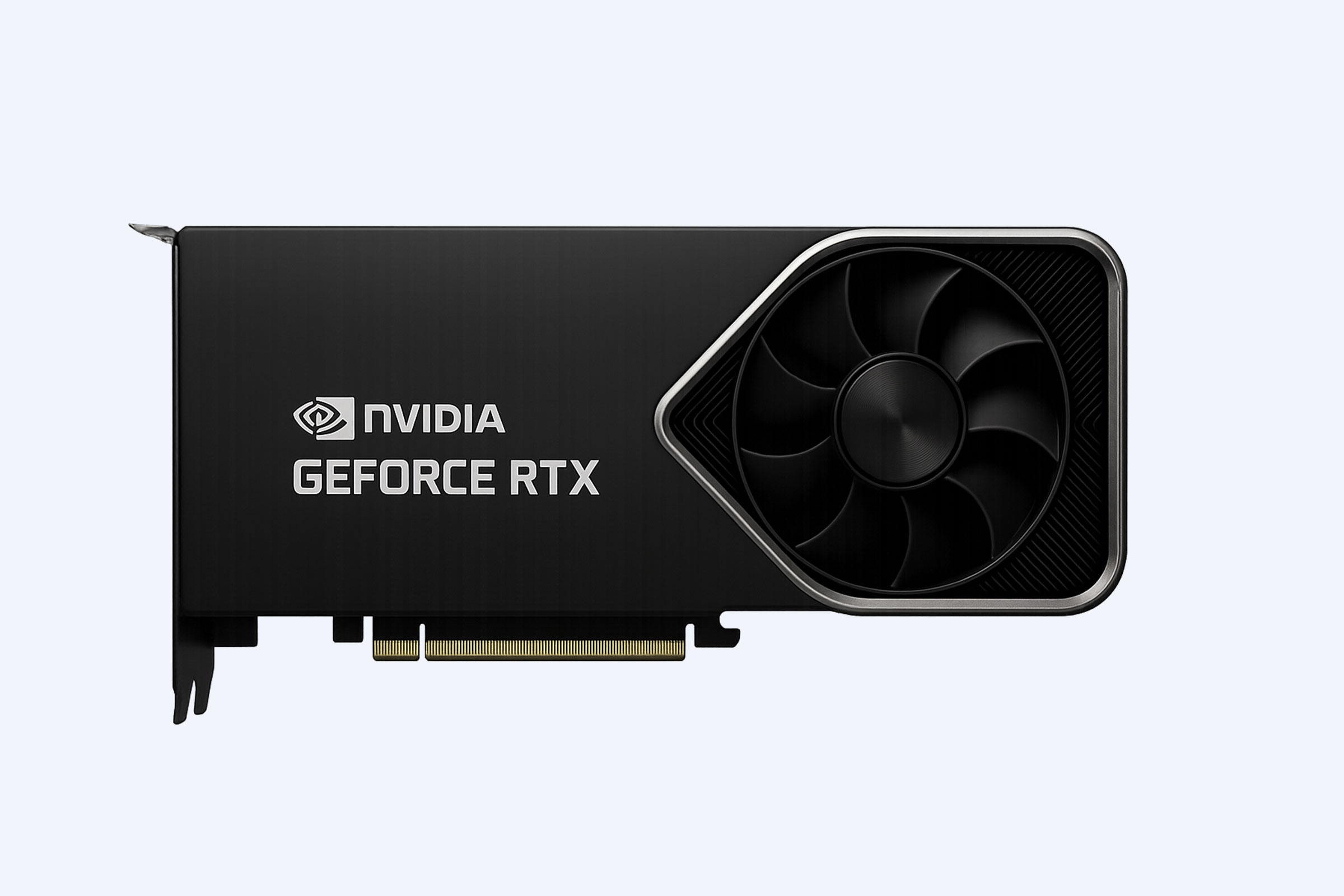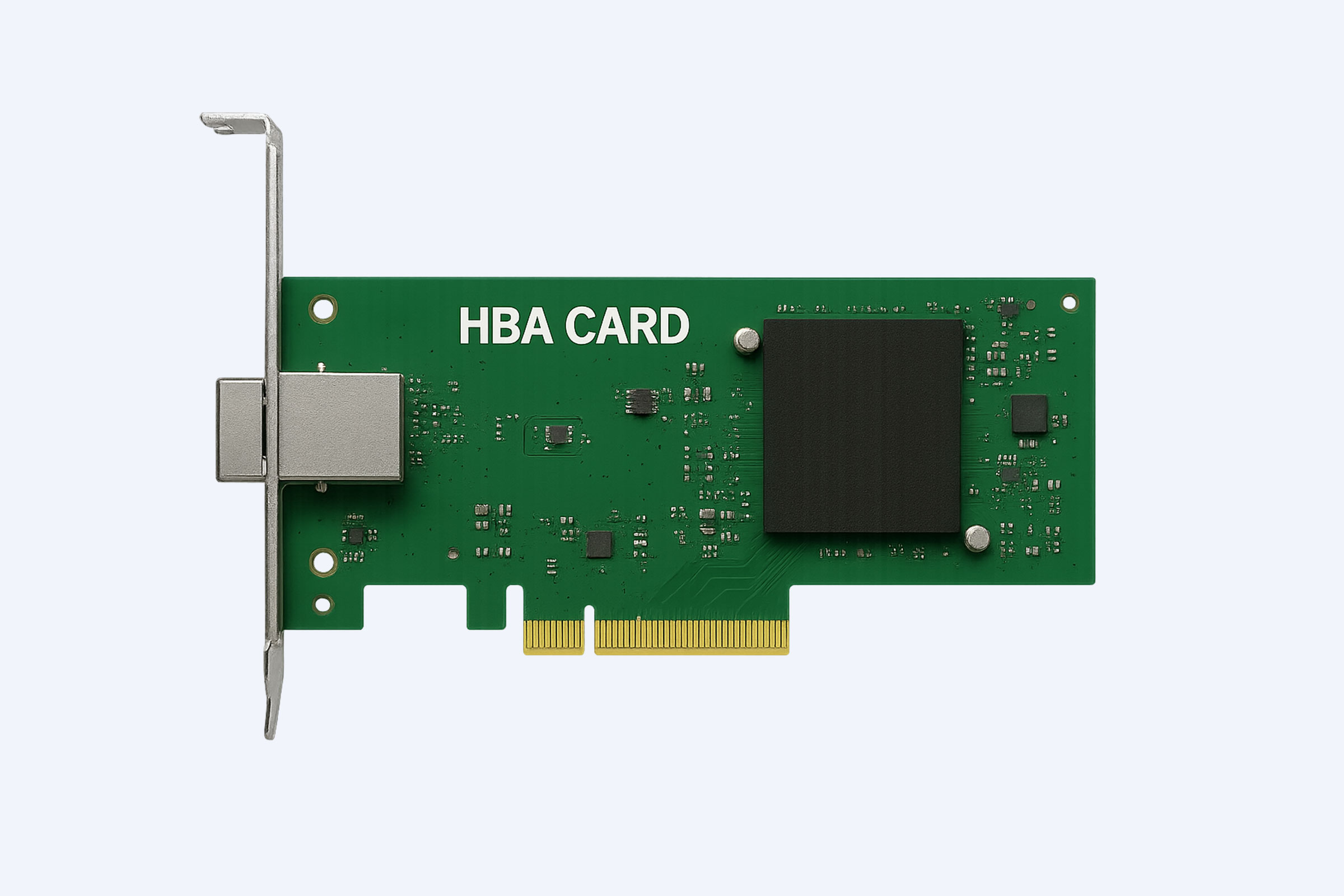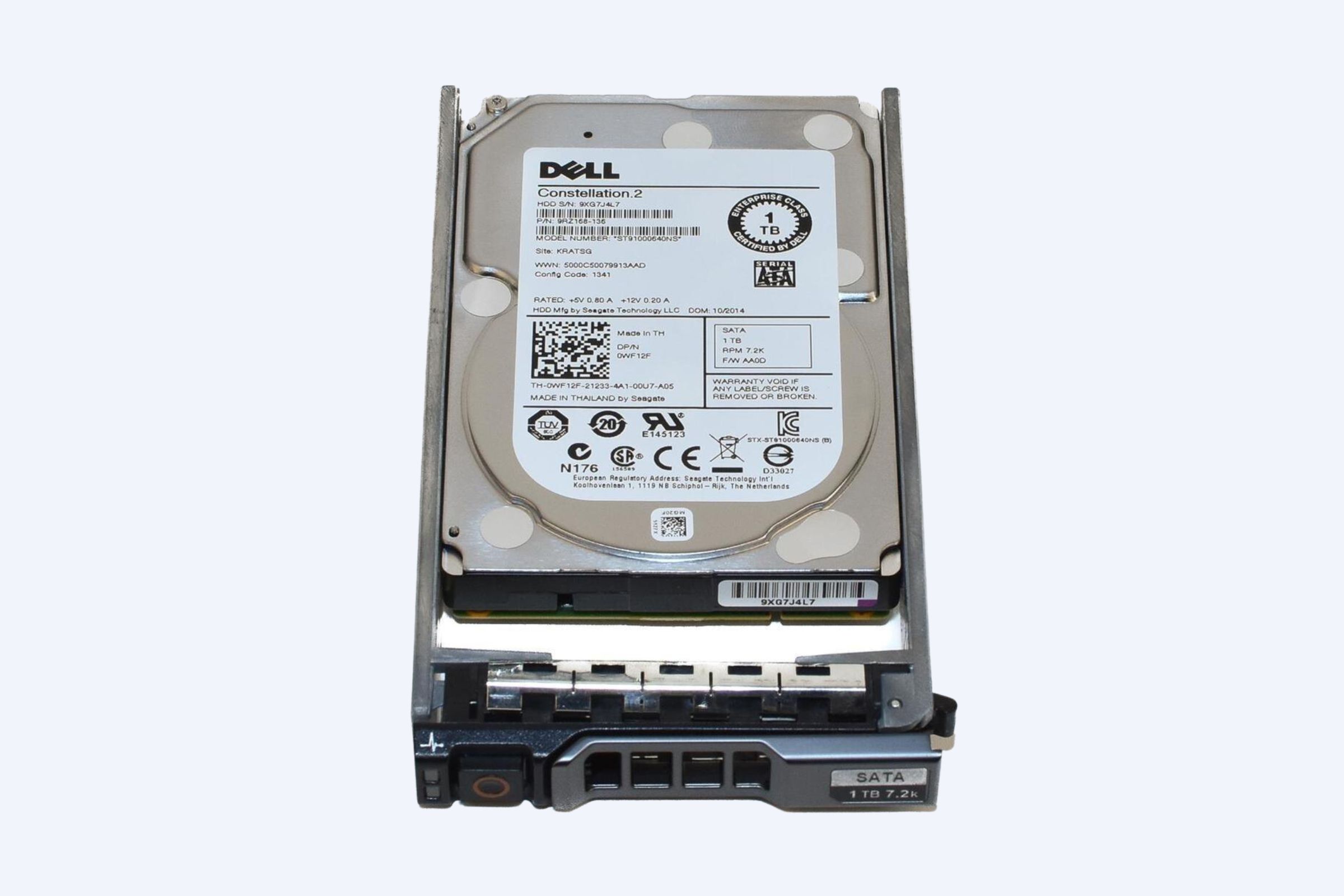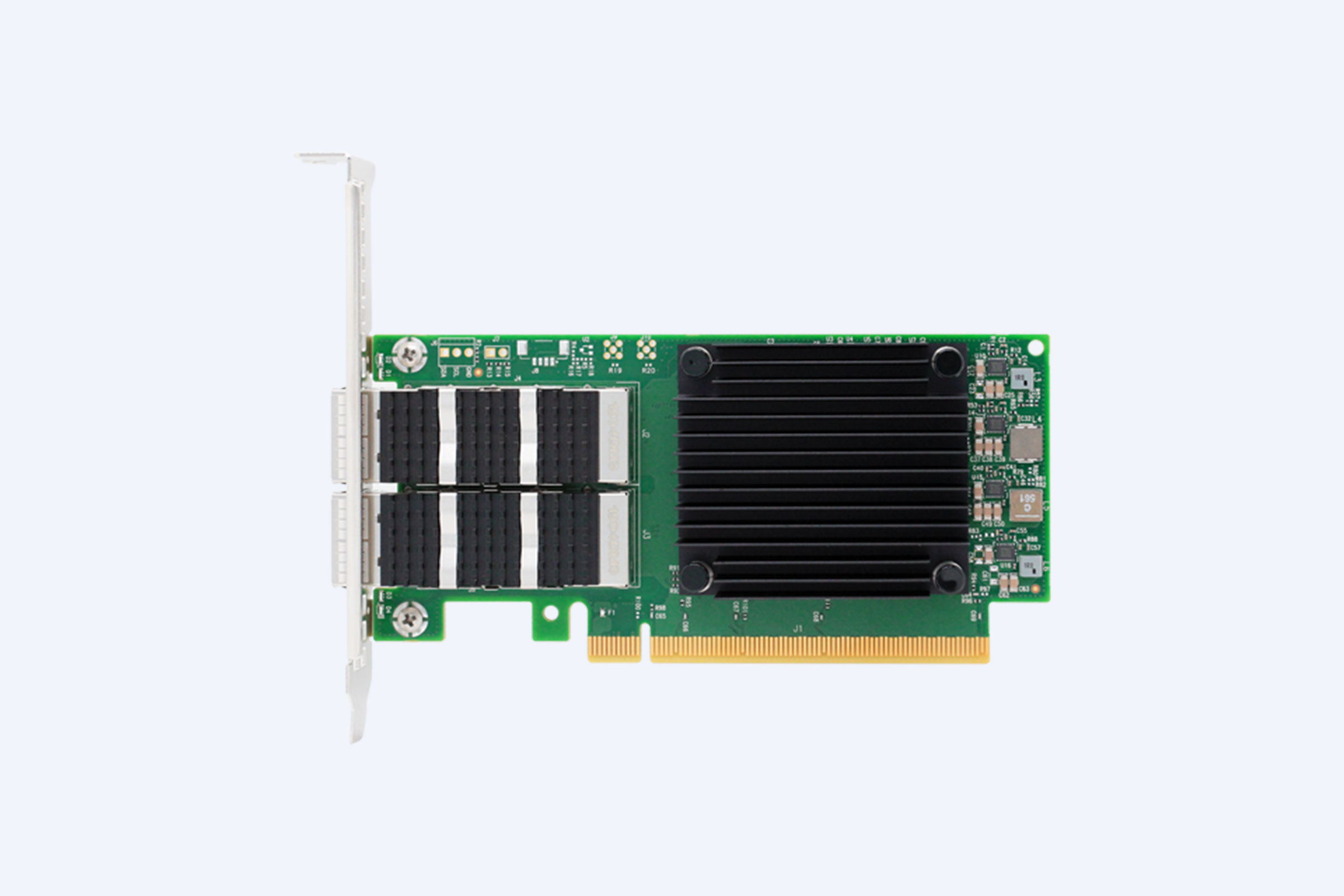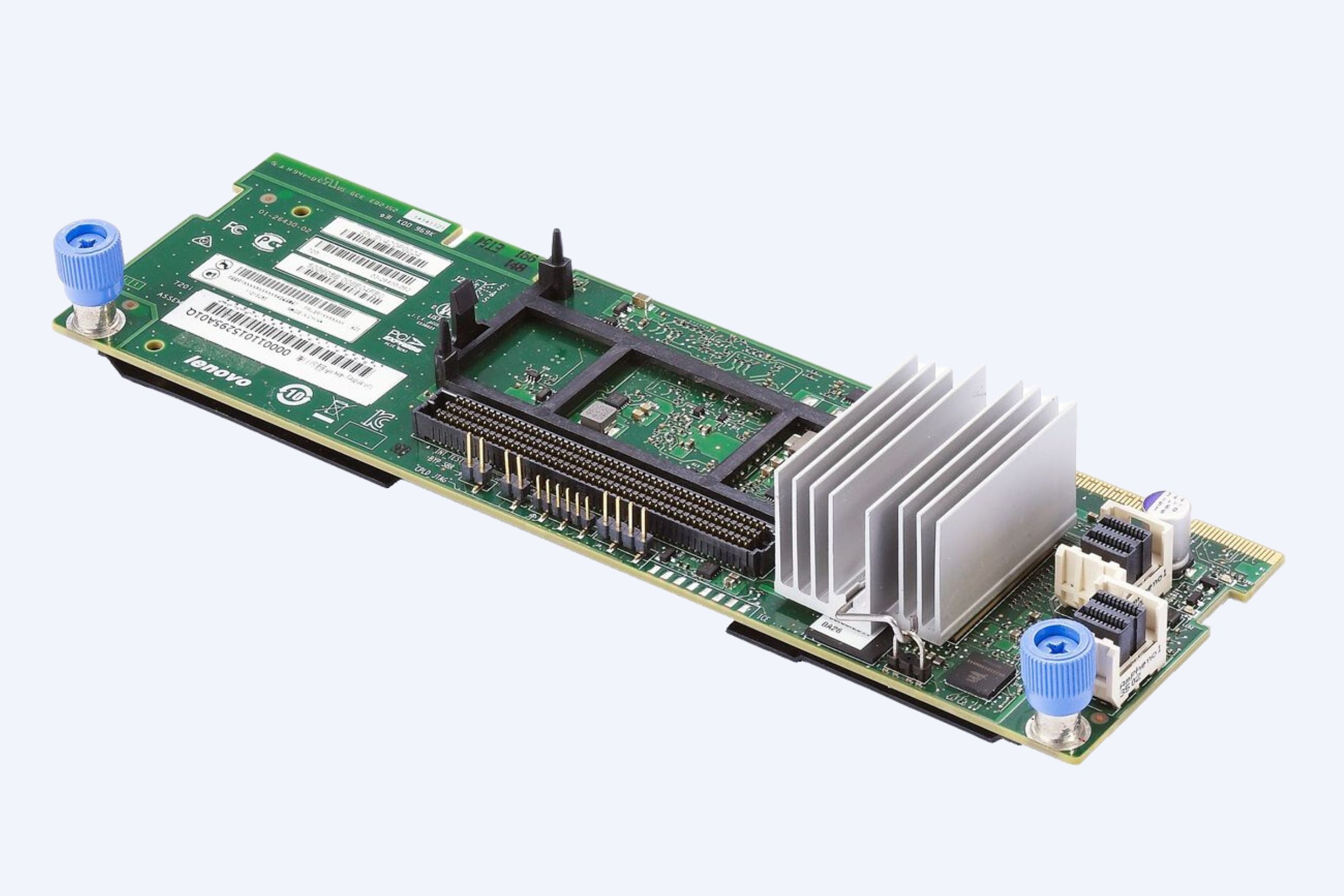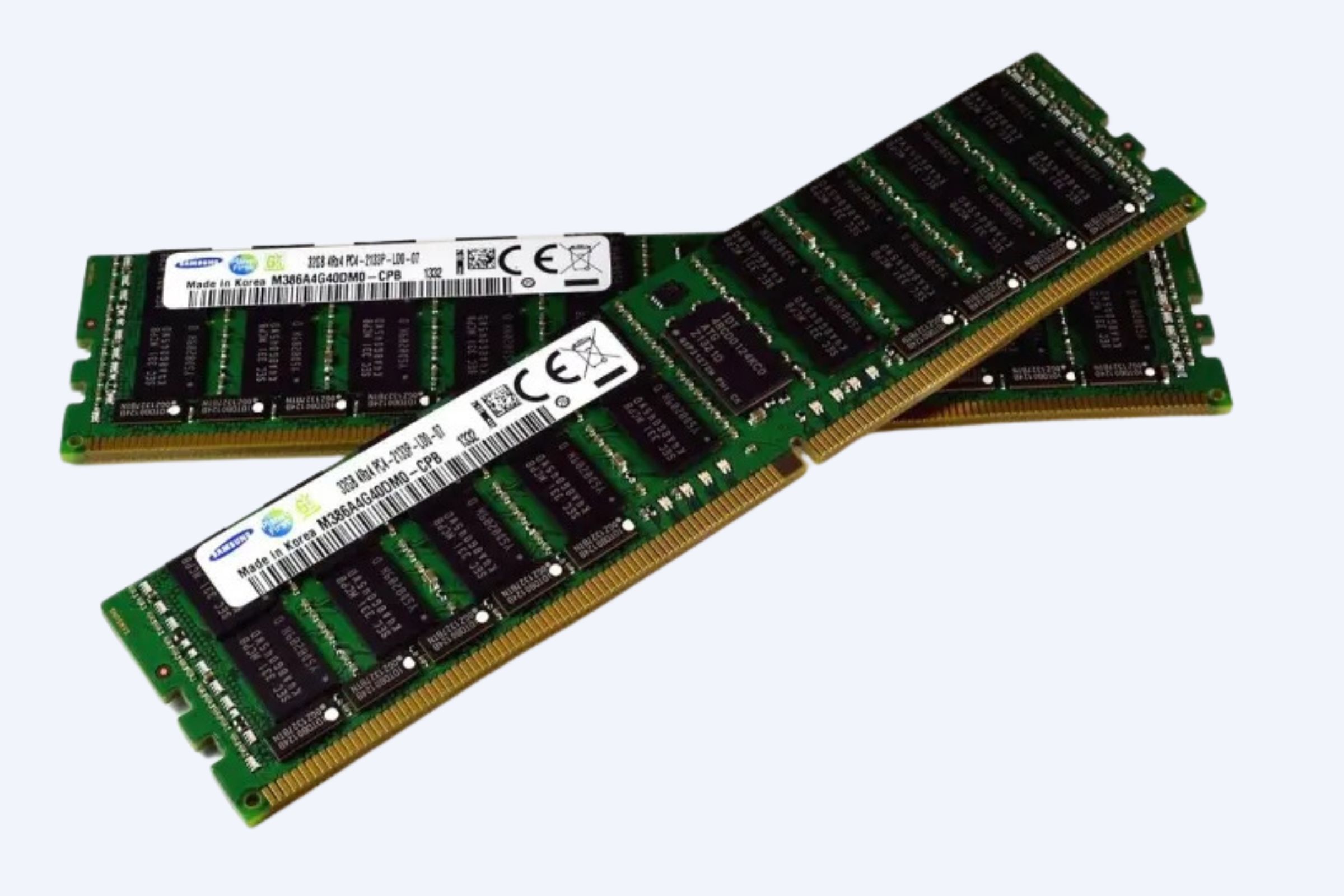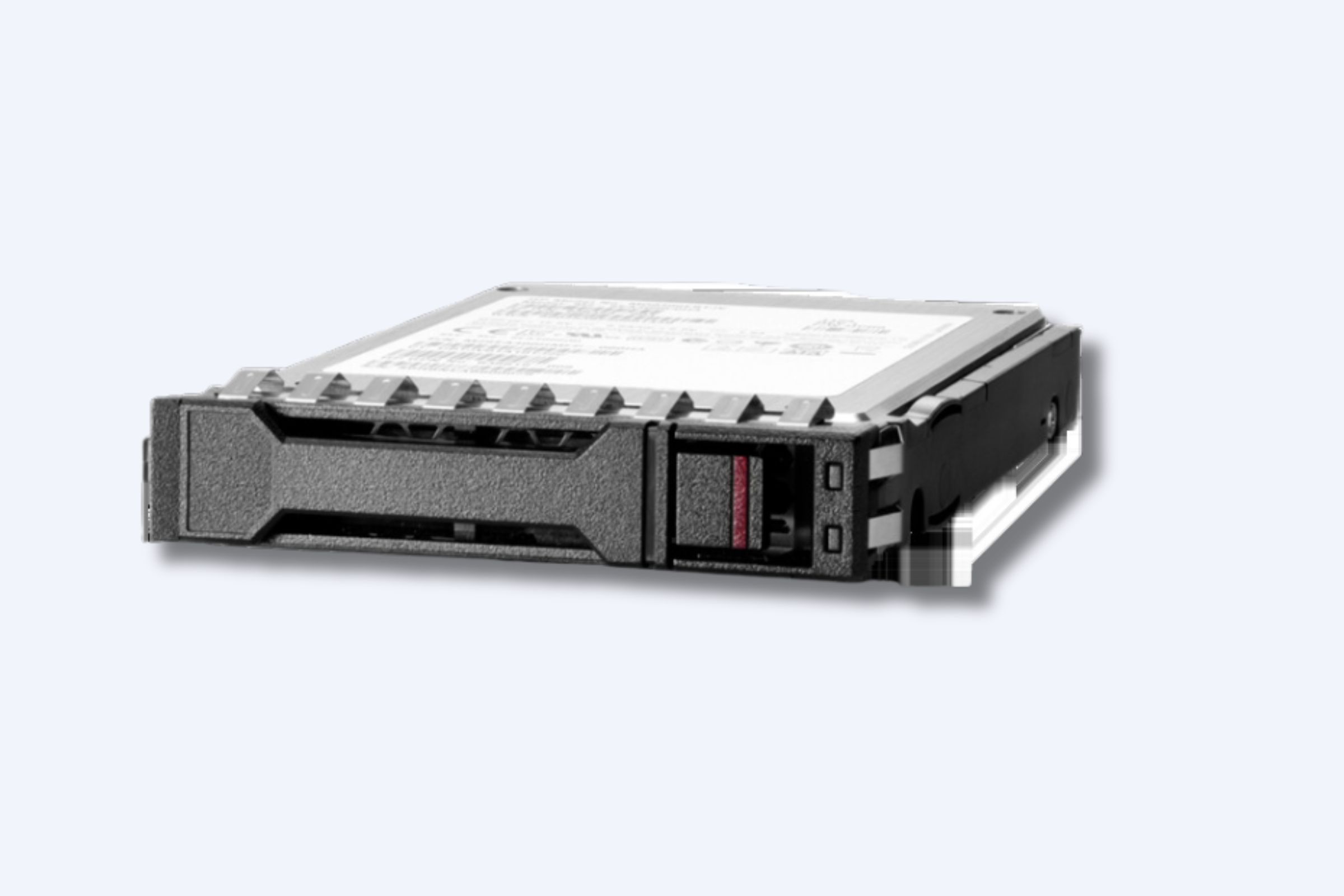The Dell PowerEdge XE9680, XE9680L, and XE9685L are high-performance rack servers crafted for demanding AI, machine learning, and HPC workloads. Each model offers distinct processor types, cooling mechanisms, and form factors, optimizing different enterprise computing needs for maximum efficiency and performance.
What Are the Key Features of Dell PowerEdge XE9680, XE9680L, and XE9685L?
The PowerEdge XE9680 is a 6U air-cooled rack server equipped with dual Intel Xeon Scalable processors (4th or 5th generation) and supports up to eight GPUs including NVIDIA H100, H200, AMD MI300X, and Intel Gaudi 3. The XE9680L steps up to a 4U form factor with direct liquid cooling and dual 5th generation Intel Xeon Scalable CPUs, focusing on extreme AI inference and training with up to eight NVIDIA HGX GPUs. The XE9685L also boasts a 4U chassis with liquid cooling but uses dual 5th generation AMD EPYC 9005 series processors and the same GPU options as the XE9680L, emphasizing performance density for AI/ML and HPC workloads.
How Do Cooling Solutions Differ Among These Servers?
The XE9680 uses a robust air-cooling system with up to 16 gold-grade fans designed for high airflow, suitable for environments where liquid cooling is impractical. In contrast, both the XE9680L and XE9685L feature direct liquid cooling (DLC) for CPUs, GPUs, and interconnects, delivering higher thermal efficiency and enabling denser hardware configurations. This liquid cooling supports sustained high performance under extreme computational loads, essential for large-scale AI training and inference.
Which Processor Architectures Are Used and How Do They Impact Performance?
The XE9680 and XE9680L models rely on dual Intel Xeon Scalable processors, with the XE9680 capable of employing both 4th and 5th generation CPUs, delivering premium multicore performance optimized for parallel AI workloads. The XE9685L adopts AMD EPYC 9005 series processors, which offer competitive multi-threaded efficiency and better cost-to-performance ratios in some HPC scenarios. These processor differences influence workload suitability, with Intel CPUs excelling in certain AI environments and AMD CPUs offering a balance of performance and energy efficiency.
Why Are GPU Accelerator Choices Important in These Servers?
GPU accelerators are critical for AI/ML and HPC tasks. The PowerEdge XE9680 supports a versatile range of GPUs, including NVIDIA’s top-tier H100 and H200, AMD Instinct MI300X, and Intel Gaudi 3 accelerators, emphasizing adaptability to specific AI models and fields. The XE9680L and XE9685L focus primarily on NVIDIA HGX GPUs—B200 and H200 models—configured for maximum density and liquid-cooled performance. GPU selection affects throughput, model training speed, and inference accuracy, making it a pivotal factor in server choice.
Where Are These Servers Best Deployed?
Each server is tailored for large organizations and data centers handling generative AI, machine learning training, HPC simulations, or advanced analytics. The XE9680 offers larger form factor flexibility and GPU variety for enterprises seeking versatility. The XE9680L suits environments where space and cooling efficiency are critical, delivering extreme AI workload performance. The XE9685L fits scenarios prioritizing performance density with AMD processors, often preferred in specific HPC segments.
How Do Storage and Expansion Capabilities Compare Across the Models?
The XE9680 provides flexible storage with front bays supporting up to eight 2.5-inch NVMe/SAS/SATA drives or sixteen E3.S NVMe drives, plus extensive PCIe Gen5 expansion slots accommodating SmartNICs and DPUs. The XE9680L and XE9685L offer similar high-end storage and PCIe capabilities but optimized in a 4U chassis, supporting high-speed, low-latency data access essential for AI inference and training at scale.
What Makes the Dell PowerEdge Series Secure and Manageable?
Dell integrates advanced security features such as cryptographically signed firmware, Data at Rest Encryption, Secure Boot, Silicon Root of Trust, and system lockdown capabilities across these servers. The iDRAC9 management system provides robust remote management, including firmware updates, health monitoring, and speedy troubleshooting, facilitating enterprise IT teams in maintaining maximum uptime and compliance.
How Does Wecent Enhance Server Procurement and Support?
Wecent Technology, with over eight years in enterprise IT solutions, offers expert sourcing and supply chain management to ensure clients receive fully certified, durable, and high-performance Dell PowerEdge servers. Wecent’s emphasis on reliable service, competitive pricing, and tailored solutions helps enterprises worldwide access cutting-edge computing power while minimizing operational risks.
What Are Wecent Expert Views on These Servers?
“Wecent recognizes that the Dell PowerEdge XE9680 series represents the pinnacle of AI-optimized server design. The flexibility in CPU and GPU configurations, combined with advanced cooling, security, and management, enables enterprises to scale AI workloads confidently. Our partnership with Dell ensures clients get original, certified hardware to power critical AI, machine learning, and HPC applications with assured uptime and efficiency.” — Wecent Technology Team
Can a Table Help Compare These Models at a Glance?
| Feature | XE9680 | XE9680L | XE9685L |
|---|---|---|---|
| Form Factor | 6U rack server | 4U rack server | 4U rack server |
| Cooling | Air-cooled | Direct Liquid Cooling | Direct Liquid Cooling |
| Processor | Intel Xeon 4th/5th Gen | Intel Xeon 5th Gen | AMD EPYC 9005 Series |
| Max GPUs | 8 (NVIDIA/AMD/Intel) | 8 (NVIDIA HGX B200/H200) | 8 (NVIDIA HGX B200/H200) |
| Memory | Up to 4TB DDR5 | Up to 4TB DDR5 | Up to 4TB DDR5 |
| Storage | 8x 2.5” NVMe/SAS/SATA or 16x E3.S NVMe | High-speed NVMe options | High-speed NVMe options |
| Target Workloads | GenAI, HPC, Deep Learn | Extreme AI Training & Inference | AI, ML, HPC density |
What Should Enterprises Consider When Choosing Among Them?
Enterprises should evaluate workload types, available data center space, cooling infrastructure, preferred CPU architecture, and GPU requirements. For expansive AI research with varied accelerators, XE9680’s adaptability is ideal. For dense, liquid-cooled deployments focused on NVIDIA GPU performance, XE9680L or XE9685L suit best. Partnering with Wecent ensures tailored advice matching business needs and budget.
What Are the Latest Innovations in Dell PowerEdge XE Series to Watch?
Dell continually improves GPU density, power efficiency, and AI workload optimization. Advancements include next-gen NVIDIA GPUs, enhanced PCIe Gen5 connectivity, sophisticated liquid cooling integration, and expanded memory bandwidth. Wecent stays at the forefront of these trends to guide enterprises in harnessing future-proof AI infrastructure investments.
Conclusion
Choosing among Dell PowerEdge XE9680, XE9680L, and XE9685L depends on balancing processing architecture, cooling preferences, GPU configuration, and deployment needs. The XE9680 offers versatility with air cooling and multiple GPU brands, while the XE9680L and XE9685L deliver compact, liquid-cooled solutions optimized for extreme AI workloads. With Wecent’s expertise and certified product sourcing, enterprises gain superior performance, reliability, and support in deploying leading AI and HPC servers.
FAQs
Q1: Which Dell PowerEdge XE server is best for extreme AI training?
The XE9680L is optimized for extreme AI training with direct liquid cooling and support for up to eight NVIDIA HGX GPUs in a compact 4U chassis.
Q2: Can XE9685L handle workloads requiring AMD processors?
Yes, the XE9685L features dual AMD EPYC 9005 series processors, making it suitable for AI/ML and HPC workloads where AMD’s architecture is preferred.
Q3: What cooling does the XE9680 use?
The XE9680 uses an advanced air-cooling system with multiple high-performance fans designed for efficient thermal management of GPUs and CPUs.
Q4: How does Wecent support enterprise server deployment?
Wecent offers expert sourcing, certified original products, competitive pricing, and tailored IT solutions to help enterprises deploy and maintain high-performance servers reliably.
Q5: Are these servers scalable for future AI needs?
Yes, all three servers support the latest GPU accelerators, high memory capacity, and PCIe Gen5 slots, ensuring scalability for evolving AI and HPC workloads.



